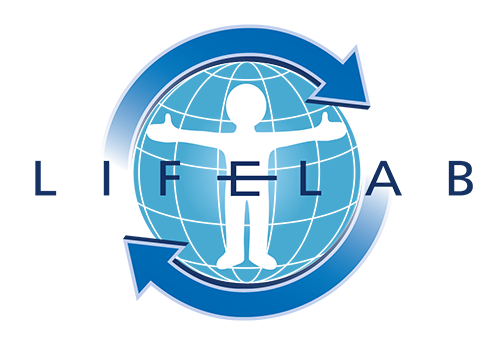
The very first LifeLab Youth Panel were tasked with co-creating a series of animations to describe what clinical research is to our teenager audience, along with producing specific research stories. The panel formed the concept for an ‘In a nutshell’ series. Over three animations, the scurry of squirrels take the audience through ‘What is Clinical research’, ‘Why is Clinical Research important’ and importantly ‘How to get involved with Clinical Research’. Check out our social media feeds to watch the animations….
The inaugural LifeLab Youth Panel met online with the team over the 12 weeks of the summer term to find out more about the clinical research happening in Southampton. Supported by the research and development team within University Hospital Southampton NHS Trust, the panel were tasked with co-creating a series of three animations, aimed at inspiring Southampton communities with clinical research; informing people about what clinical research is and how and why people can get involved.
The three, squirrel themed animations, which you can watch here, were created by the panellists working with RCM Agency. In order to develop them the students worked with the Lifelab team to conduct research into the questions the animations needed to answer. The panel researched the clinical research websites and spoke to scientists and researchers in the NIHR Biomedical Research Centre to find out more about clinical research. Discussing amongst themselves, and with the animator, the panel formed the concept for the ‘In a nutshell’ series.
The animations have subtitles which have also been translated into several other languages: Farsi, Punjabi, Polish, Romanian and Russian.
They are being promoted through the panellist’s school communities, on social media and through the NIHR Biomedical Research Centre.LifeLab Youth Panels are an initiative set up by the programme to engage with young people and get them actively involved in creating and implementing solutions that could improve their own health and that of their peers.
Youth Panel members are formally employed by the University and paid for their time, making participation appealing as a first job for many of the applicants who can be aged from 14.
Being part of a Youth Panel provides students with the opportunity to contribute their ideas, perspectives and experiences of health issues, work in a team, communicate effectively and maintain confidentiality.
LifeLab is currently recruiting members for the spring term Youth Panel which has a focus on vaping and its effects on young people. If you’re interested, you can find more information and how to apply here.